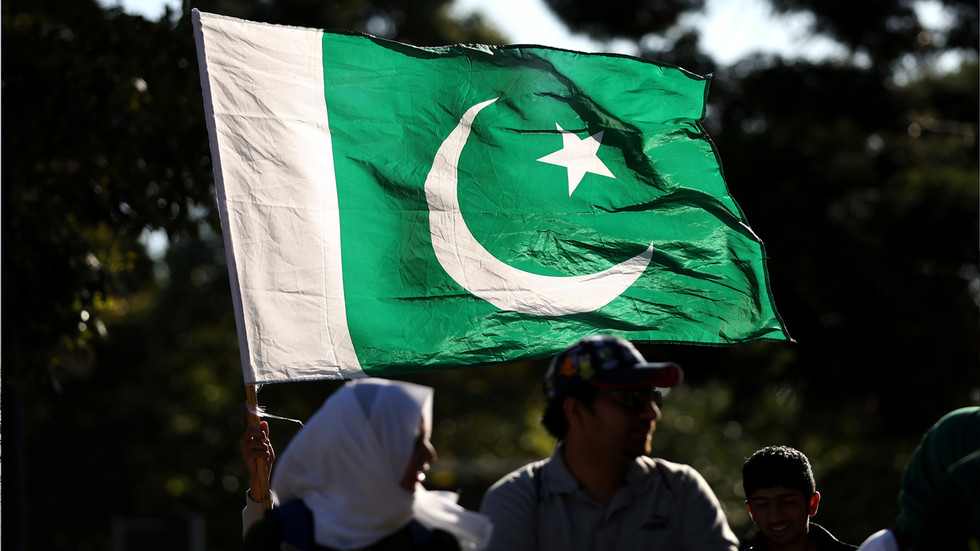The United States has instituted sanctions against several Pakistani organizations, including the National Development Complex (NDC), as part of its ongoing concerns regarding missile technology and long-range proliferation risks. The State Department’s recent announcements purport that the NDC has played an essential role in developing Pakistan’s Shaheen series of ballistic missiles, with these sanctions encompassing asset freezes and restrictions on transactions involving U.S. entities. Concerns were aptly articulated by Jon Finer, the Deputy National Security Advisor, who expressed that advancements in Pakistan’s missile technology could undermine U.S. security. This move aligns with a broader U.S. strategy to ensure the prevention of missile proliferation, particularly in regions that may possess long-range systems capable of targeting other nations, including the United States itself.
In addition to the NDC, other Pakistani entities, specifically three based in Karachi—Akhtar and Sons Private Limited, Affiliates International, and Rockside Enterprise—have also encountered sanctions for their purported connections to Pakistan’s missile enhancement endeavors. These actions illustrate a pattern of previous sanctions imposed on foreign groups, notably a Chinese research institute, which had allegedly aided the NDC in developing these long-range capabilities. The sanctions represent a significant rift in U.S.-Pakistan relations, as they confront the ongoing portrayal of Pakistan’s missile developments as a threat, positioning the U.S. as a guardian against proliferation and a stabilizer in regional security.
Pakistan’s response to these sanctions has been firm, with its Ministry of Foreign Affairs rejecting the accusations as unfounded. Officials assert that Pakistan’s missile development is purely defensive, serving to maintain peace and stability in its region. The Ministry criticized the sanctions as detrimental and underscored the double standards displayed by the U.S. regarding global arms trade policies, pointing out that some countries are afforded privileges which Pakistan is denied. The ongoing sanctions reflect not only the broader geopolitical dynamics in South Asia but also illustrate the complexities of defense technology proliferation amidst international rivalries.
Additionally, the imposition of sanctions has stirred dissent within Pakistan’s political landscape, particularly drawing criticism from representatives of imprisoned former Prime Minister Imran Khan. Zulfiqar Bukhari, acting as a spokesperson for Khan’s party, criticized the Biden administration’s decisions via social media, echoing sentiments of national sovereignty and the potential adverse ramifications of such punitive measures. This internal backlash reveals the tension between public opinion and U.S.-led initiatives, further complicating Pakistan’s relationships with global powers, particularly the United States.
The underlying issues promoting these sanctions are also reflective of broader strategic concerns in terms of military balance in South Asia, where nuclear capabilities have dramatically altered diplomacy and security discussions. U.S. officials have highlighted the need for continued dialogue with Pakistan regarding these proliferation concerns, suggesting a pathway for reassessment and possibly mitigating tensions. However, the effectiveness of U.S. engagement remains in question, as both nations grapple with underlying issues of trust, transparency, and the legitimate security needs of the region.
In summary, these sanctions symbolize a pivotal moment in U.S.-Pakistan relations, influenced by the intricate dynamics of regional security and international arms control. As the U.S. aims to reaffirm its stance on non-proliferation, Pakistan maintains its assertion of defensive strategy and stability. The conflicting narratives highlight the challenges of diplomacy in a nuclear context where military advancements are closely scrutinized and politicized, indicating that the resolution to such tensions will require careful negotiation, consideration of mutual security concerns, and recognition of both nations’ strategic interests.

